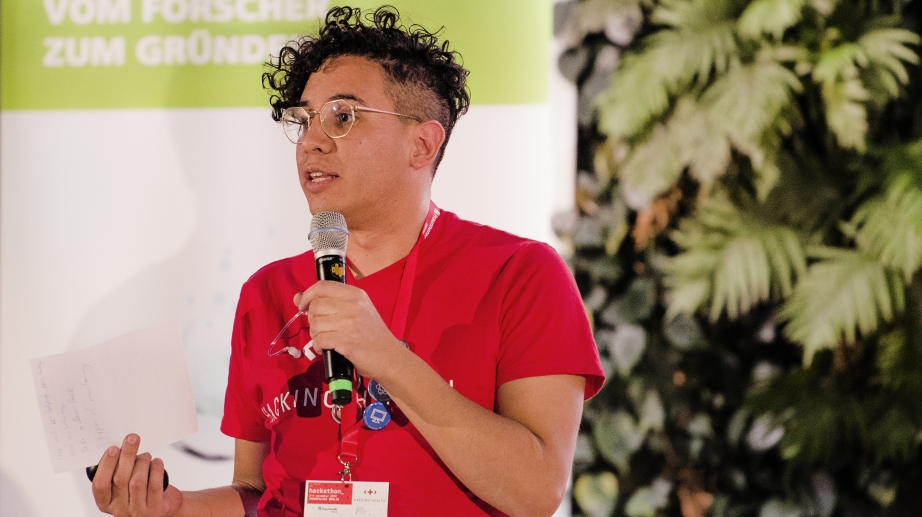
Brain City Berlin Ambassador: Dr. Pablo-David Rojas (Hacking Health Berlin)
Dr. Pablo-David Rojas leads the community outreach program of Hacking Health Berlin, an initiative that aims to bring together a wide range of professionals in medicine, research and other disciplines to find creative solutions to health care problems.
Brain City Berlin: Mr. Rojas, how would you describe your focus of research?
Rojas: My focus of work is innovation in health sciences. At Hacking Health Berlin I lead the Community Outreach by bringing together the main players in healthcare to transform out-dated processes and create new solutions in the field. A couple of years ago, I joined this outstanding group of experts from several disciplines, and decided to help its network grow bigger in Berlin. Through creative collaboration between health professionals and technology creators, Hacking Health Berlin organises interdisciplinary events -such as hackathons- to address several pain points in the healthcare system. I am also in charge of providing the different professionals and participants with the best advice from our consortium of expert mentors and make the results of our activities available to the general public.
Brain City Berlin: What is the most exciting aspect of your research?
Rojas: I enjoy being exposed to the most recent breakthroughs in healthcare and to have the possibility to link top professionals to unmet needs in the field. It is also worth mentioning that if it wasn’t for Hacking Health Berlin, these experts -coming from very different areas- would have never met. Along those lines, I really like working and nurturing from my Hacking Health Berlin colleagues, and enjoy the atmosphere of interdisciplinary collaboration in our events. We support the development of human-centric solutions and foster innovative healthcare ecosystems by embracing the fact that Hacking Health is a mindset, not a skillset.
Brain City Berlin: What do you like about living in Berlin?
Rojas: Living here gave me the opportunity to perform my doctoral research, represent Berlin abroad and now connect the meaningful players in the healthcare and life sciences areas. Also, I enjoy the unique and vibrant atmosphere that the city has in regard to embracing challenges in the scientific and society fields. I also like the diversity of people that can be found here, along with an unbeatable cultural offer. It is certainly the best time to be in the science and culture capital of Europe.
Brain City Berlin: What collaborations does your research benefit from?
Rojas: Our work at Hacking Health Berlin benefits from direct collaboration with clinicians, scientists, IT experts, designers, patients and entrepreneurs. Often our collaborators come from medical and technology-related institutions with which we partner to foster innovation and find solutions for unmet needs in healthcare.
Brain City Berlin: What are the advantages of Berlin in comparison to other research locations?
Rojas: The main advantage is the diversity and amount of research being conducted in the local institutions, complemented with the growing presence of technology services. This translates into a perfect niche for collaboration between professionals coming from a broad range of different disciplines, and leads towards the perfect atmosphere for disruptive change and advancement in life and medical sciences.
Brain City Berlin: What is your advice to young people who are interested in studying in Berlin?
Rojas: Despite the age or background, whoever has the chance to come and experience Berlin in an academic basis, should do it. The city offers top quality education paths along with room for personal development. There are plenty of scholarships, exchange programmes, collaboration grants and other opportunities to look into when it comes to finding a way here. The only pre-requisite should be willing to learn!
Brain City Berlin: What kind of development would you like to see in the city?
Rojas: It would be nice to see new and innovative work models, comprising the dynamics of the booming startup ecosystem and the current trends in work-life balance.
Brain City Berlin: What do you wish for the future of the Berlin sciences?
Rojas: I wish more collaboration between scientific institutions, industry and the general public. Also, more possibilities for science and academic spinoffs to settle and partner with established enterprises.